Dogs are loyal companions, but sometimes they can exhibit unwanted behaviors that can be difficult to break. Are you looking for aggressive dog training in Washington DC for your new family member? Aggression is one of the most common issues dog owners face, and it is important to understand how to properly handle aggressive behavior, private training with a professional dog trainer is typically the best way to train aggressive dogs.
In this blog post, we will discuss what aggressive dog training is, why it is beneficial for both you and your pup, and how to get started with Ruff House Dog Training.
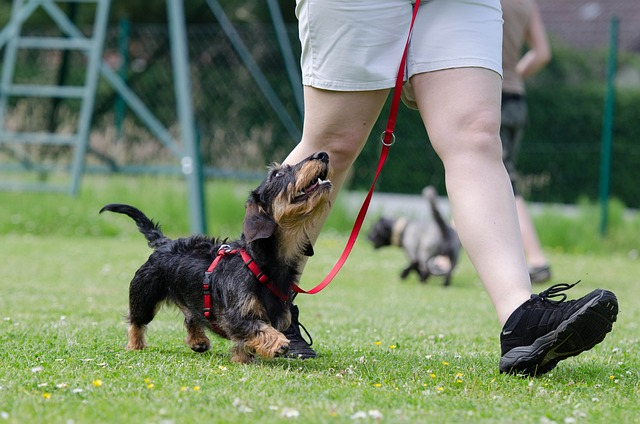
What Is Aggressive Dog Training?
Aggressive dog training refers to a wide range of techniques designed to address aggressive or fearful behaviors in dogs. The goal of these techniques is to help dogs learn how to control their emotions when faced with stressful situations.
This type of training may involve using positive reinforcement (such as treats or praise) or negative reinforcement (such as verbal corrections). It can also include desensitization exercises in which the dog gradually becomes accustomed to certain stimuli that trigger their aggression. The ultimate goal is for the reactive dog to become comfortable enough in these situations so that they do not react aggressively.
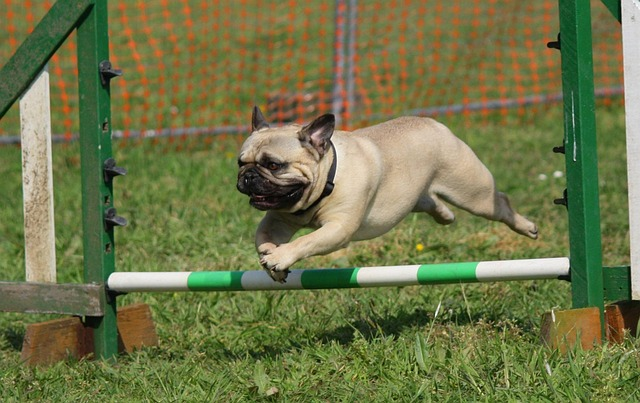
What Is A Reactive Dog?
A reactive dog is one that exhibits intense behavioral responses to certain triggers in their environment. This type of canine companion can be quite challenging for pet owners to manage, as the stimuli that ignite their reactions can include anything from simple household noises, to the presence of other animals, or even the approach of strangers.
Reactive dogs often display behaviors such as barking, lunging, or growling, which may stem from fear or anxiety, among other factors. It’s essential for pet owners to understand that these behaviors are not necessarily a sign of aggression, but rather an instinctual reaction to their immediate surroundings. With patience and proper training techniques, reactive dogs can learn to cope with their triggers and lead a more balanced, stress-free life.
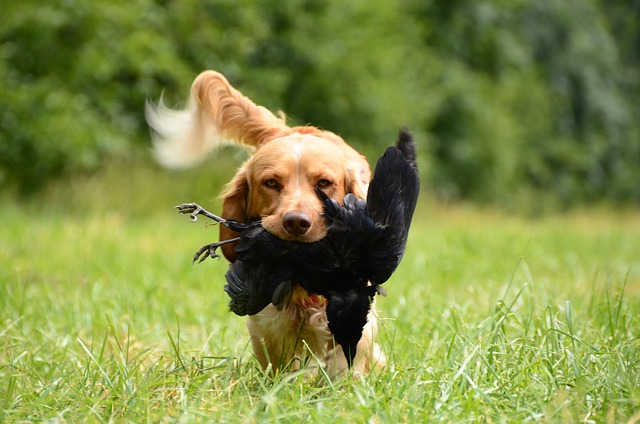
Benefits of Aggressive Dog Training
Aggressive dog training offers several benefits for both the owner and the pup. For starters, it helps reduce stress levels in both you and your pet by teaching them how to cope with anxiety-inducing triggers.
Additionally, this type of training can help strengthen the bond between you and your pet by increasing trust and communication between the two of you. Finally, aggressive dog training has been proven to reduce destructive behaviors and increase obedience in many cases.
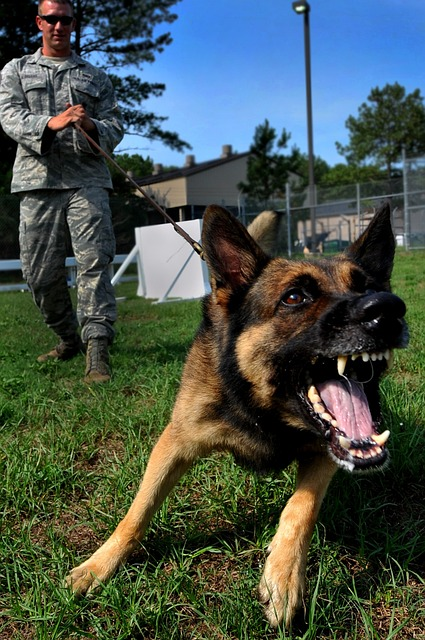
How Does Aggressive Dog Training Work?
Aggressive dog training involves teaching your pet how to respond appropriately in situations that could potentially trigger their aggression. This includes teaching them cues like “look away” or “sit” when they encounter something they are uncomfortable with or scared of. It also involves redirecting their attention from the stimulus that triggers their aggression to something positive like playing with a toy or receiving treats for good behavior.
Through repetition and consistency, this method helps them learn to control their emotions and reactions in these situations.
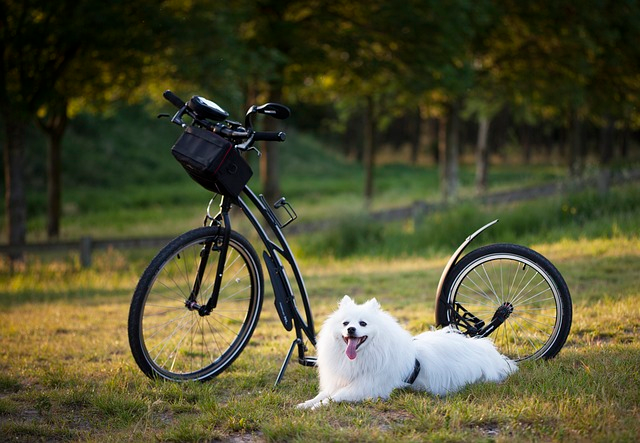
Why Is Aggressive Dog Training Important?
Aggressive dog training is important because it helps keep both you and your pet safe from harm. Without proper training, aggressive behaviors can escalate quickly in certain situations which can be dangerous for everyone involved—including your pet!
Additionally, aggressive behavior can make it difficult for your pet to socialize with other animals or humans since they will be perceived as unpredictable or even dangerous by those around them. Proper aggressive dog training can help prevent these issues while ensuring that everyone remains safe.
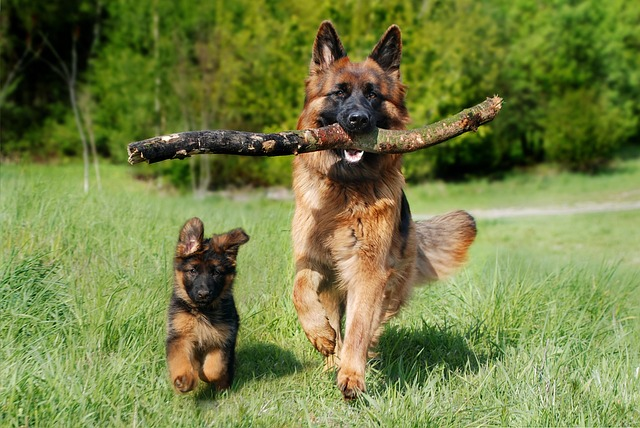
Tips for Getting Started with Aggressive Dog Training
If you’re looking into aggressive dog training for your pup, here are a few tips on getting started: First off, make sure that you find an experienced professional who specializes in this type of training; someone who has experience working with dogs who have similar behaviors as yours.
Additionally, it’s important that you stay consistent with your efforts; frequent practice sessions are essential for success with this type of training. And finally, remain patient – aggressive dog training takes time! With patience and consistency, however, you will see results over time!
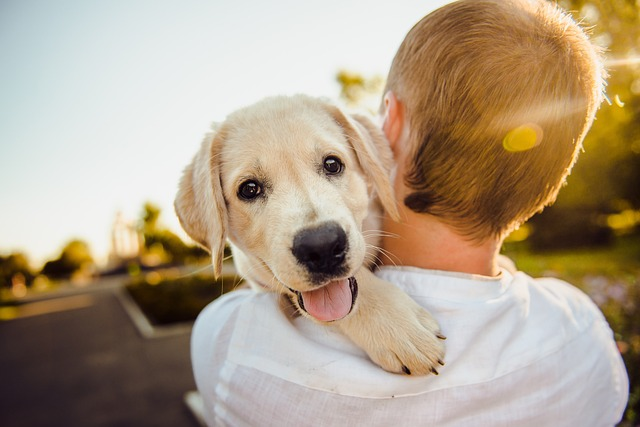
Problem Behaviors In Your Furry Friend
It is essential for any dog owner to understand and recognize the signs of aggressive behaviors in their canine companions. These problem behaviors can manifest in various ways, such as growling, snarling, baring teeth, lunging, and even biting. It’s important to be aware of your dogs body language. Being aware of these actions is crucial in ensuring the safety of both the dog and the people around them.
Separation anxiety in dogs is an emotionally challenging issue that many pet owners face, as they watch their beloved furry friend struggle with feelings of distress and loneliness when left alone and also signs of aggression.
The heart-wrenching sight of your pet pawing at the door, whining, or even resorting to destructive behavior can be overwhelming and leave you feeling helpless. However, understanding the root of this anxiety and taking steps to ease your dog’s fears can lead to a happier, more secure bond between you both.
Several other factors can lead to aggression in dogs. You could have fearful dogs or your dog could be resource guarding. In some cases, a lack of proper training, socialization, or an underlying medical issue can also contribute to these undesirable behaviors.
Addressing and managing the root cause of aggression is vital for restoring peace and harmony within households and dog-friendly communities, helping our furry friends to become well-adjusted and lovable members of the family.
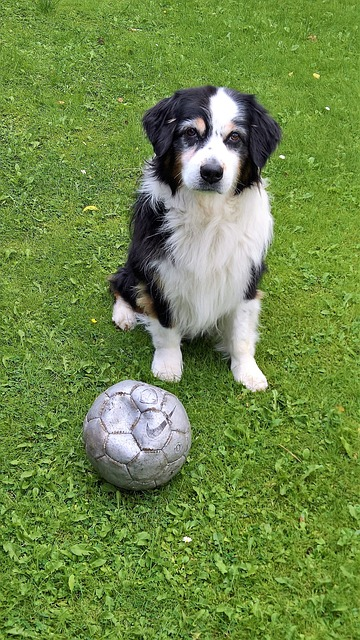
Places You Shouldn’t Take Your Aggressive Dog
Taking your beloved dog outdoors can be a joyful experience both for you and your furry companion. However, if your dog has aggressive tendencies, it’s crucial to be mindful of certain locations to avoid any unfavorable incidents.
Tightly packed spaces like dog parks, doggy daycare, public events, or gatherings with a multitude of people and other pets can trigger anxiety and aggression in your dog, putting the safety of others at risk.
Additionally, playgrounds, schools, or nursing homes would also be unsuitable as vulnerable groups like children and the elderly could be more susceptible to harm. Being a responsible pet owner involves understanding your dog’s temperament and choosing appropriate places for their outings, ensuring everyone’s welfare is prioritized.
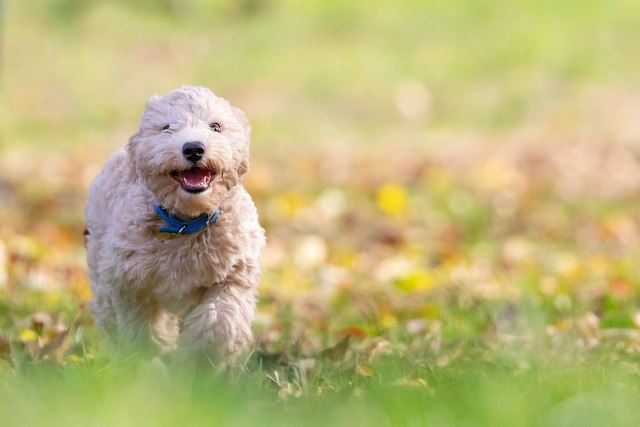
The Importance of Puppy Training & Puppy Socialization
The significance of puppy training in relation to puppy socialization cannot be understated, especially when it comes to preventing aggressive behavior, especially in your first dog. It is essential to begin socializing our fuzzy companions when they are still young, enabling them to adapt and feel comfortable in different situations and give them basic manners.
Exposing them to various people, other dogs, even other animals, and environments during their crucial developmental stage instills confidence in them and dramatically reduces the risk of aggressive tendencies.
Through consistent obedience training and positive reinforcement, we encourage them to exhibit desirable behaviors and interact harmoniously with other creatures. Ultimately, investing time and effort in puppy training and puppy socialization not only creates a well-adjusted, friendly pet but also promotes a safer and more harmonious coexistence between our furry friends and the world around them. Training dogs is a vital part of pet care, so make sure to start early!
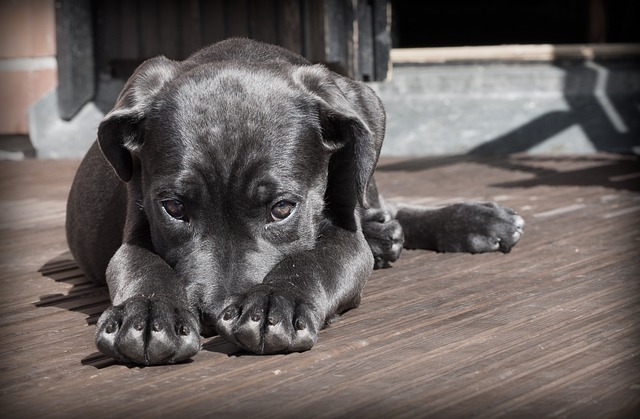
Dog Obedience Training Tips
If you’re the owner of an aggressive dog, you may be feeling overwhelmed, frustrated, and even scared. While it is important to understand why your dog is behaving aggressively—and to address any underlying medical or emotional issues that could be causing their behavior—it is also important to start training your pup so you can both feel safe.
Here are some tips for training an aggressive dog.
Positive Reinforcement Training
Positive reinforcement is key when it comes to training an aggressive dog. This involves rewarding good behavior while ignoring bad behavior. For example, if your pup has a tendency to bark at strangers, wait until they stop barking before giving them attention or a treat.
This will show them that calm behavior is rewarded while barking gets nothing. Over time, this will help your pup understand what type of behavior you expect from them.
Be Patient and Consistent
It’s also important to remember that any kind of training takes time and requires patience on your part. It’s easy to get frustrated but try not to take it out on your pup—this will only make the problem worse!
Instead, focus on being consistent with the commands that you use and the expectations that you set for them. When possible, practice the same commands in different settings so your pup knows what’s expected no matter where they are.
Manage Their Environment
It’s also important to manage their environment as much as possible by limiting exposure to potential triggers like other animals or loud noises. Leash walking is needed at all time and if necessary, use a muzzle or head halter when around other people or dogs so they don’t become overly excited or aggressive when they’re around others.
You should also set up a safe space in your home where they can retreat when feeling overwhelmed or stressed out—this will help them feel more secure in their environment and reduce their need for aggression as a response mechanism.

Best Dog Trainers: Professional Dog Trainers From Ruff House
Aggressive dog training can be a great way to help your pup manage their emotions in difficult situations while strengthening your relationship at the same time! If you’re looking into aggressive dog training for your pup, make sure that you find an experienced professional who specializes in this type of behavior modification; consistency is key when it comes to making progress with these types of behavioral issues!
Ruff House Dog Trainers in Washington DC and the surrounding area are here to give you the support you need for your dog. Our dog trainers will work with you in private sessions so you get the behavior modification you need to have a well behaved dog. First we’ll start with behavior consultations so we can see what basic obedience training your dog has. Then we’ll find the training programs that will work for you!
Join our remarkable dog training services, catering to the fantastic folks and furry friends throughout Washington DC, Maryland, and Northern VA! Elevate your bond with your canine companion as we teach you the art of seamless communication and give your pup the behavioral modification they need.
Although we can’t promise a pup-fectionist outcome with our private lessons, because dog training isn’t always perfect and dishonest claims are not our style. Remember, refining the dog’s training is a forever journey, so keep the training alive even after our sessions have wrapped up to give your pup the lifetime support they need!











